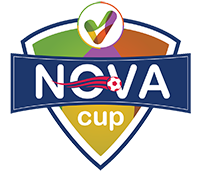
Discover the latest information on Infantile Colic

Over Medication

Discover the latest information on Infantile Colic

Over Medication
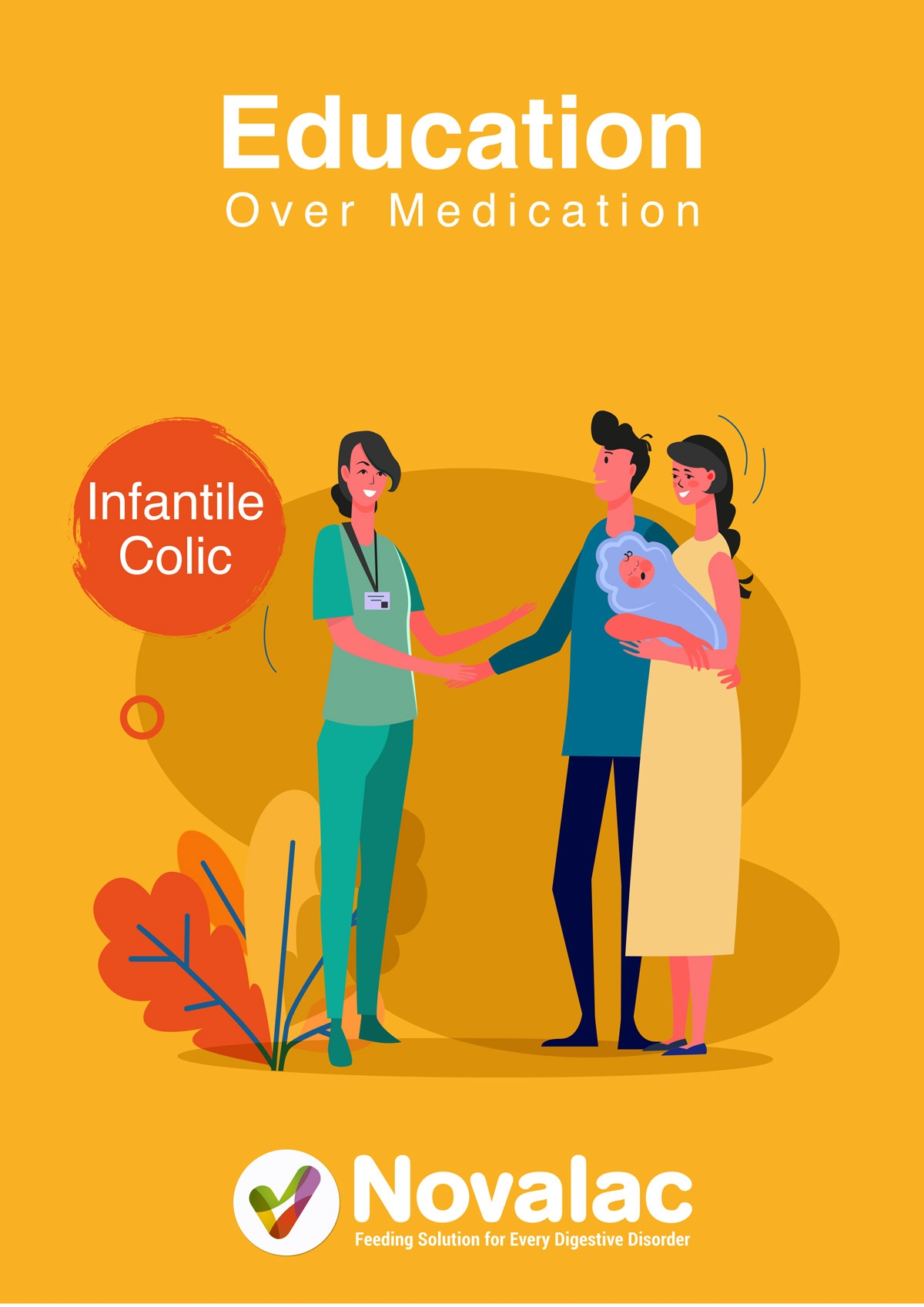
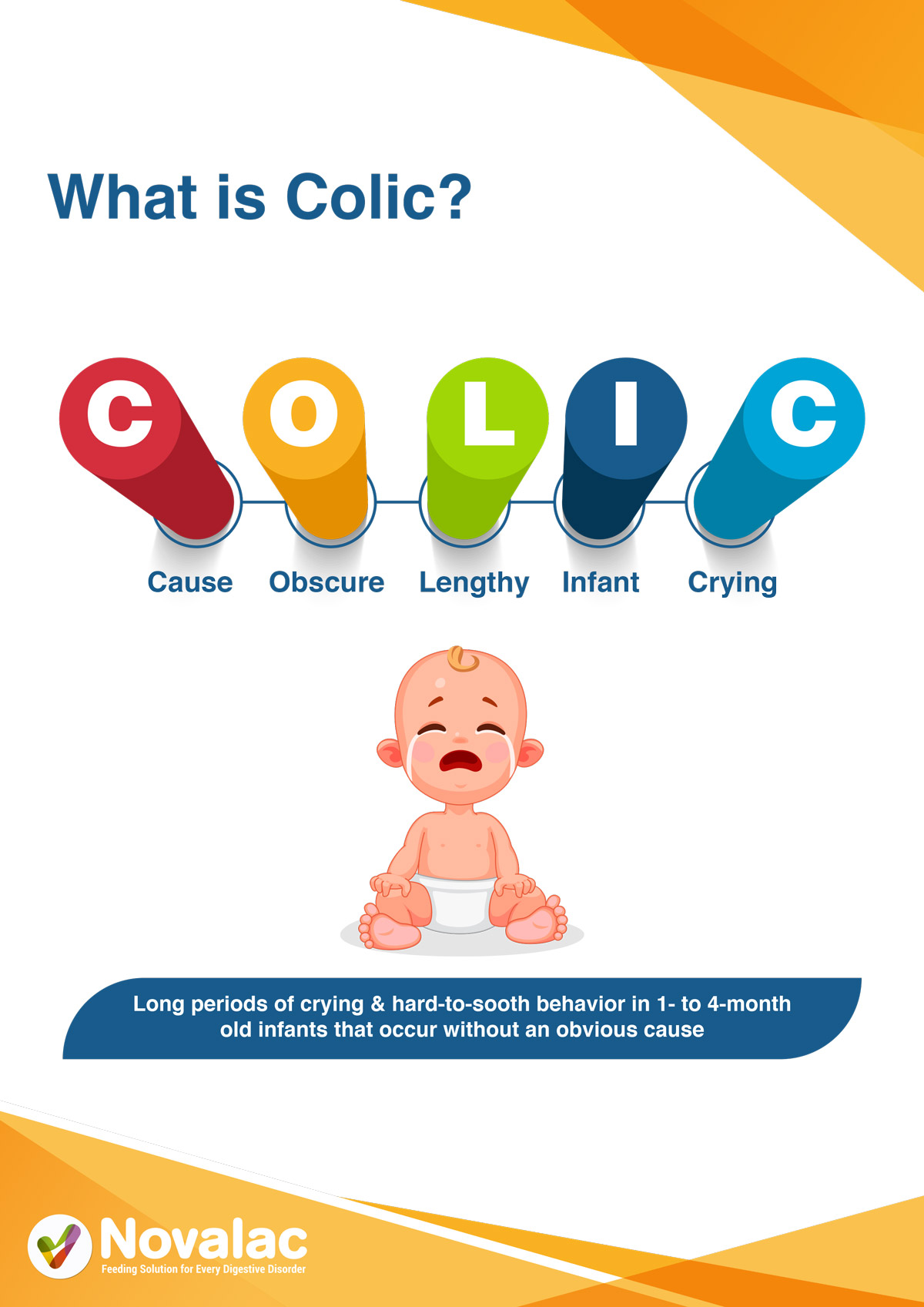
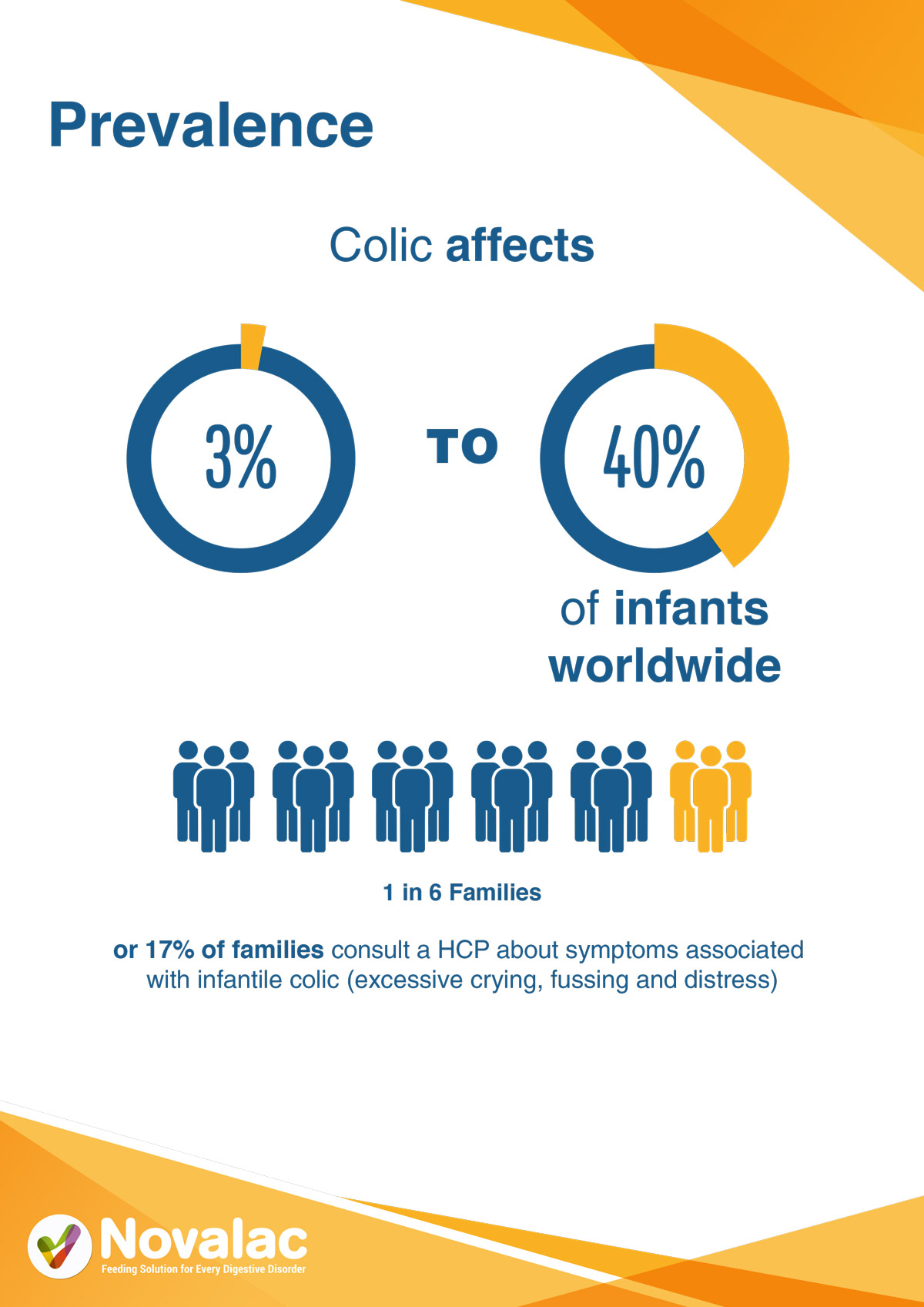
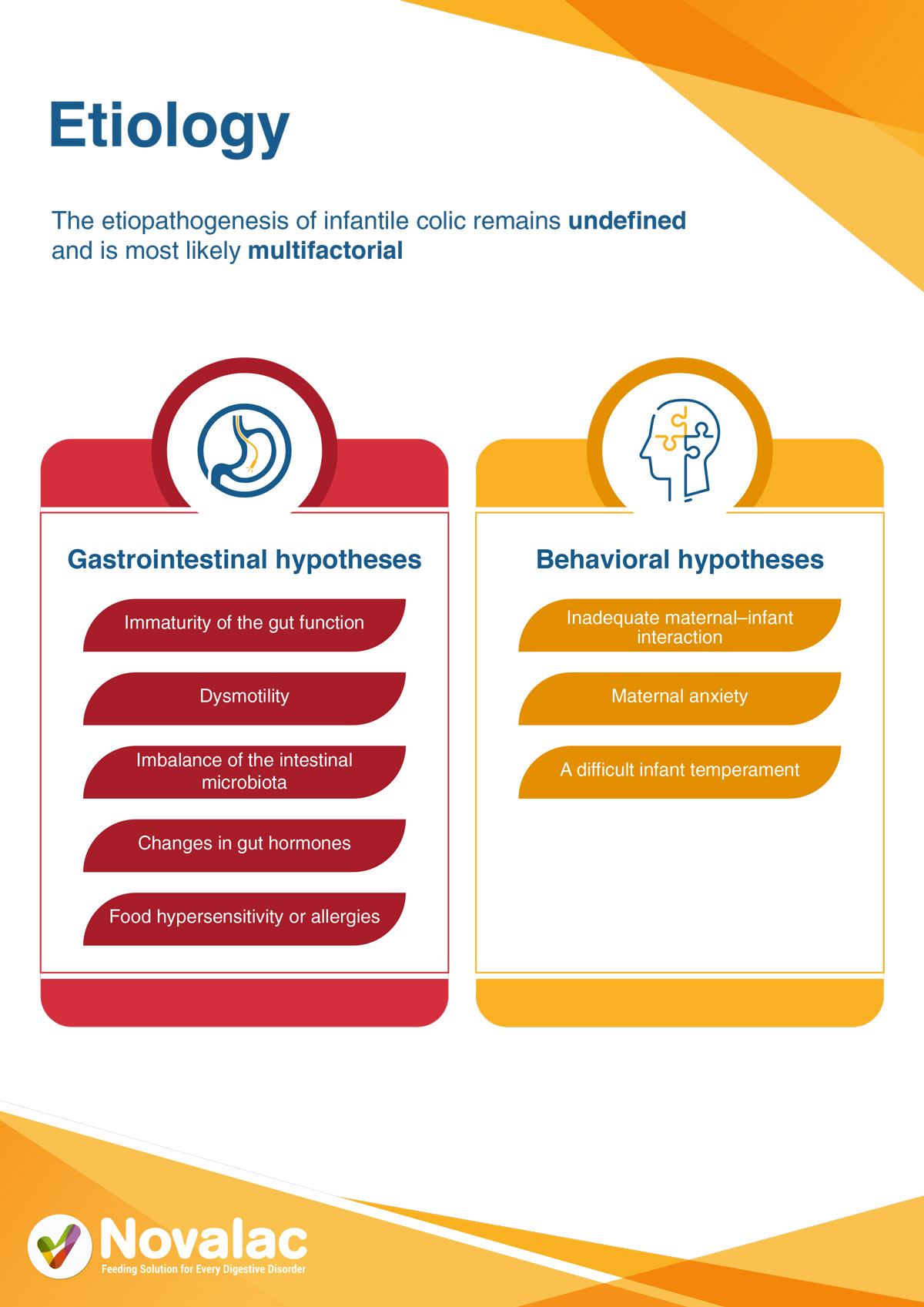
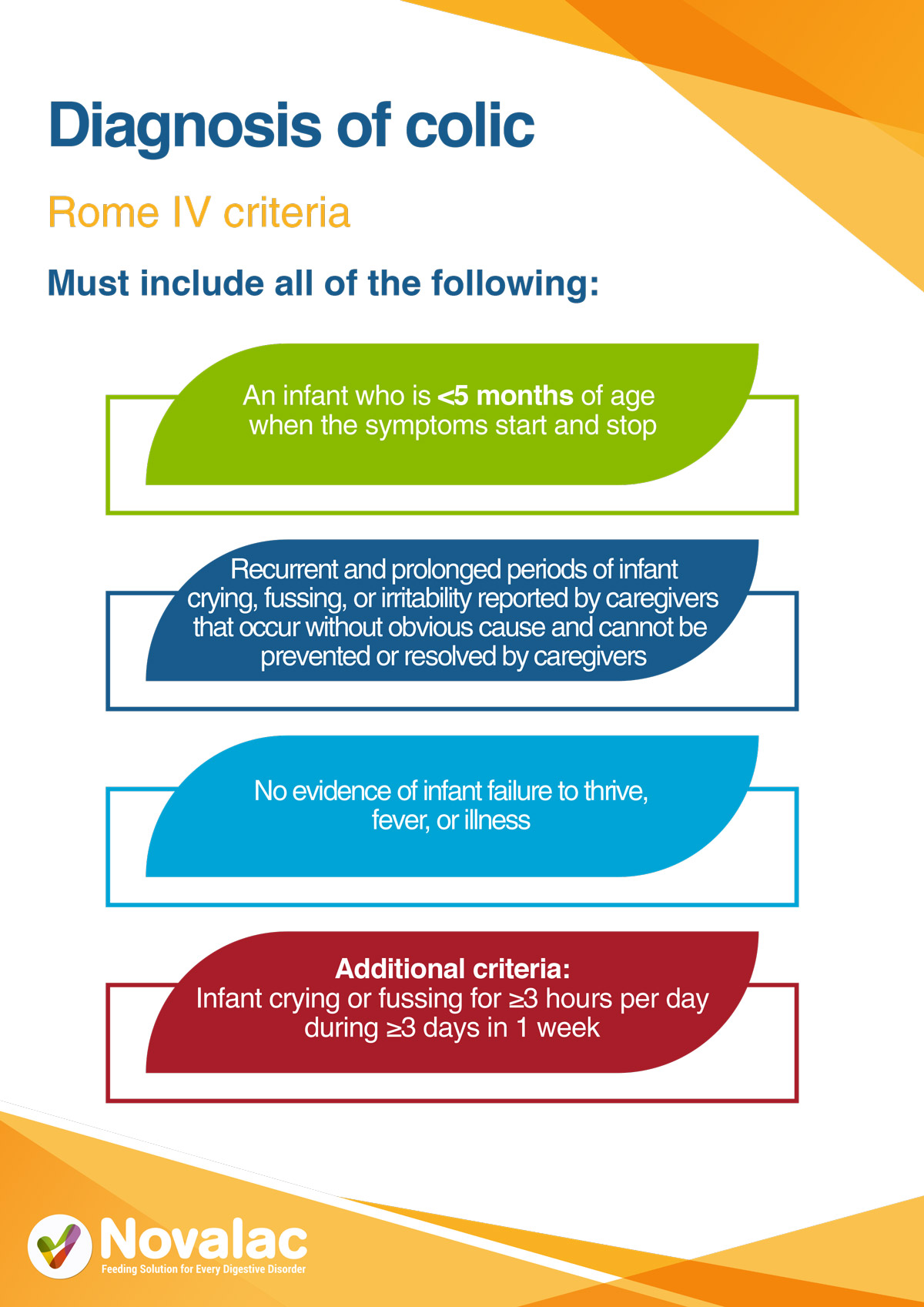
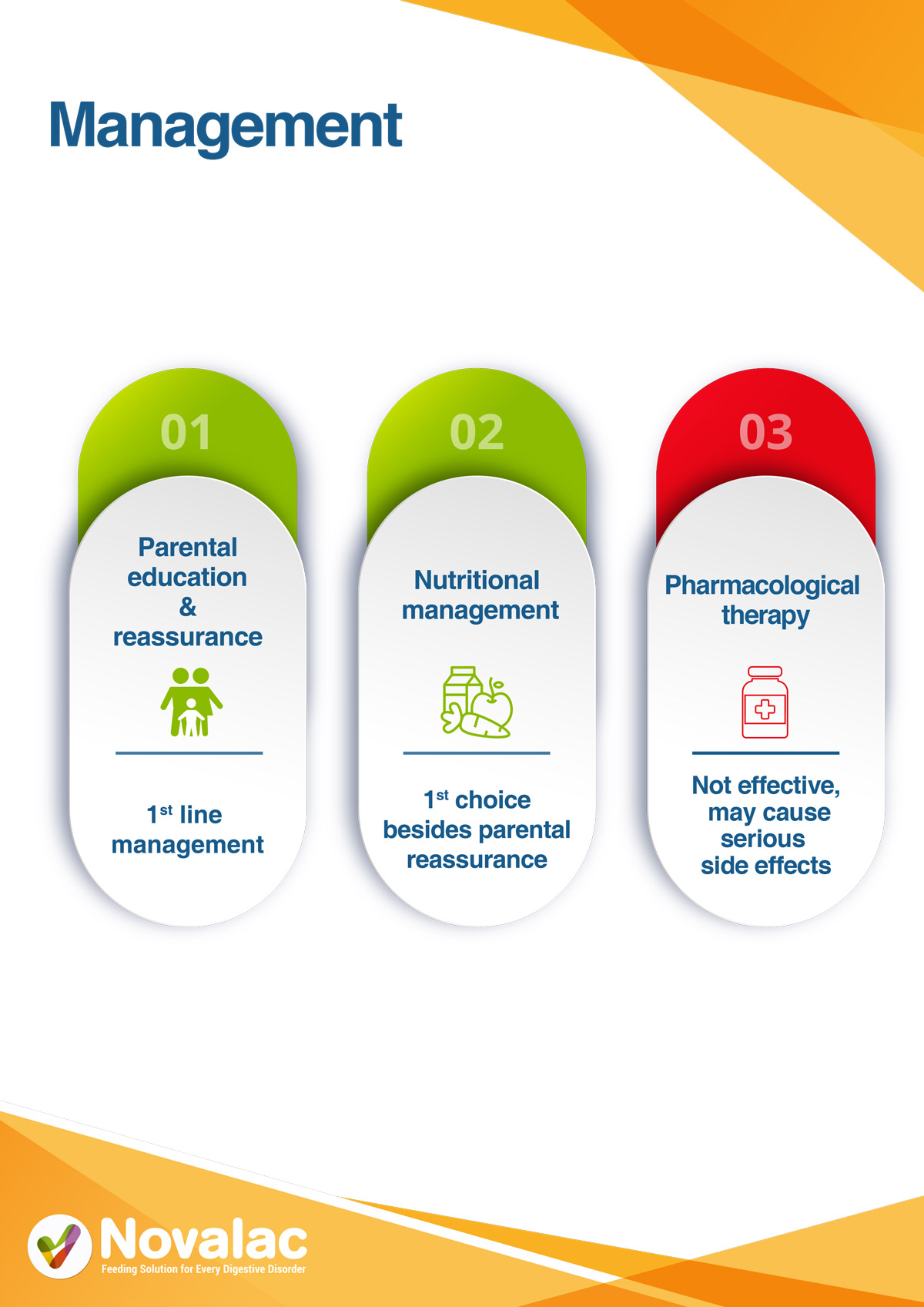
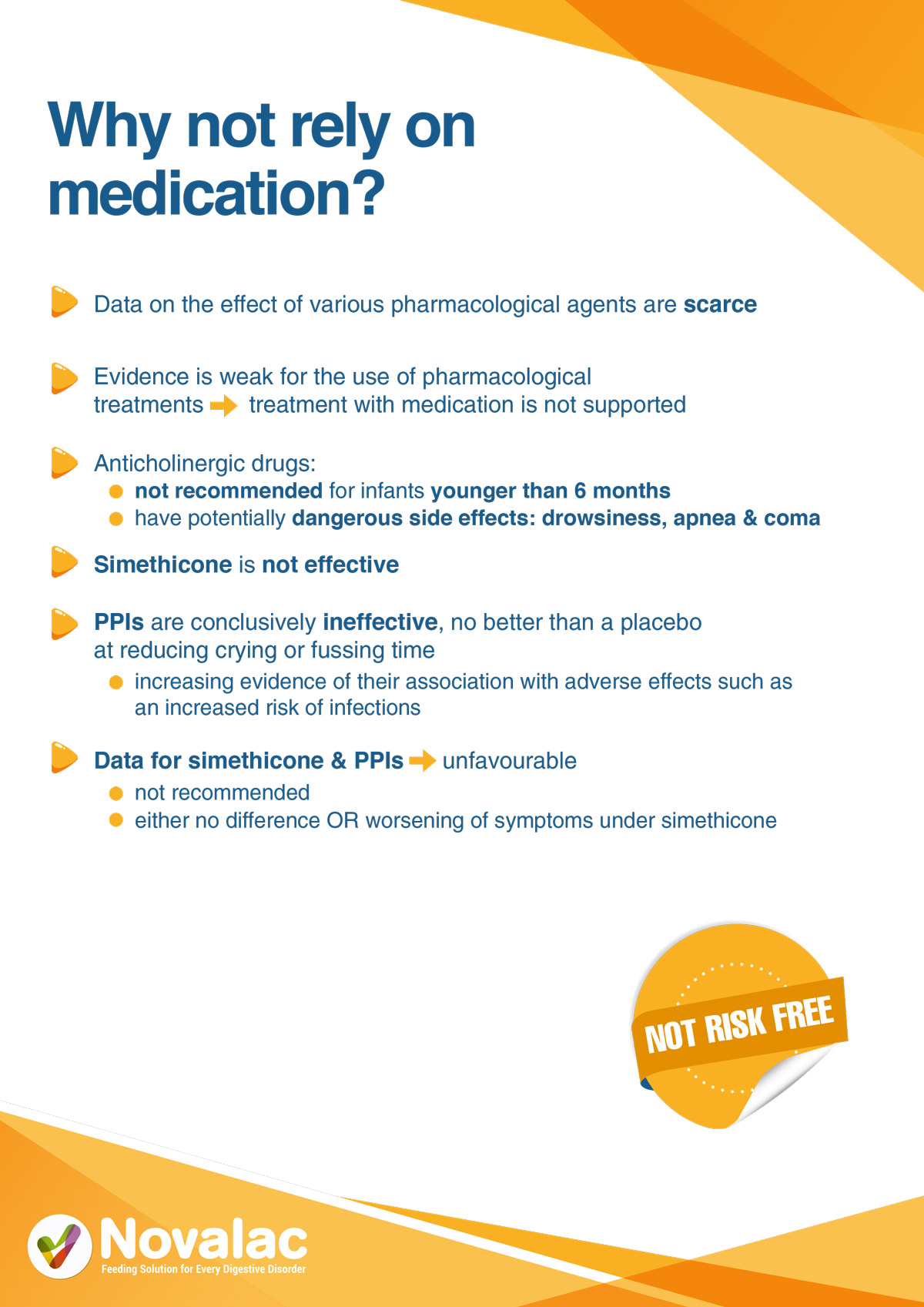
• Zeevenhooven, J., Browne, P.D., L’Hoir, M.P. et al. Infant colic: mechanisms and management. Nat Rev Gastroenterol Hepatol 15, 479–496 (2018)
• Sung V. Infantile colic. Aust Prescr 2018;41:105-10
• Infante D et al. Dietary treatment of colic caused by excess gas in infants: Biochemical evidence. World J Gastroenterol 2011 April 28; 17(16): 2104-2108
• Ellwood J, et al. Comparison of common interventions for the treatment of infantile colic: a systematic review of reviews and guidelines BMJ Open 2020;10:e035405
• GordonM, BiagioliE, SorrentiM, LinguaC, MojaL, BanksSSC, CerattoS, SavinoF. Dietary modifications for infantile colic. Cochrane Database of Systematic Reviews 2018, Issue 10. Art. No.: CD011029.
• Benninga and Nurko et al. Childhood Functional Gastrointestinal Disorders: Neonate/Toddler. Gastroenterology 2016;150:1443–1455
• Salvatore et al. Managing functional gastrointestinal disorders in infants. Acta Pædiatrica 2018 107, pp. 1512–1520. DOI:10.1111/apa.14378
